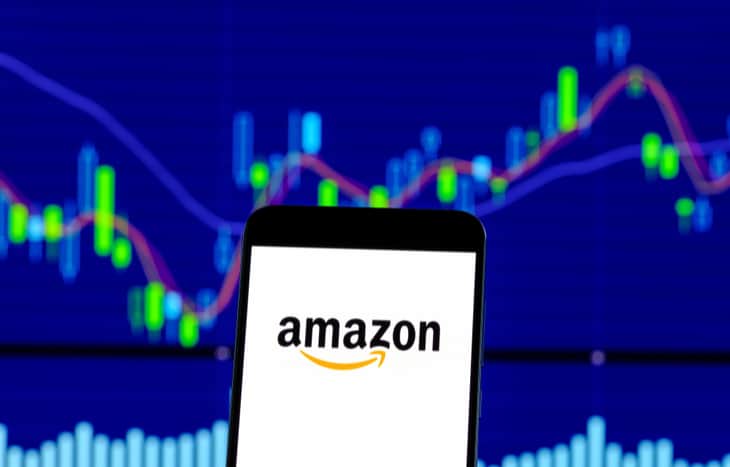
Then?
The long-awaited 6-for-20 stock split took place on June 1. The event didn't exactly ignite the market. The event didn't exactly trigger a market surge, as Amazon shares posted a 2% gain that day. Twenty-four hours later, that modest price gain was lost like dust in the wind, underscoring that stock splits usually lead to nothing substantial. All you do is cut the same investment into a different number of slices, thanks to the increasing availability of fractional stock trading.
The stock gained more than 5% two weeks later, thanks to a bullish report from analyst firm JPMorgan Chase. Veteran analyst Doug Anmuth took a thorough look at Amazon's Prime loyalty program and found some inspiring results. The e-commerce sector is heading into troubled waters in the near term, but Anmuth expects a solid rebound towards the end of the year. According to the analyst, the Prime package is a fantastic offer for subscribers, with an annual value of around $ 1.100 but a subscription cost of only $ 139. Therefore, Amazon should be able to raise Prime membership prices without scaring subscribers.
Towards the end of the month, another note from an analyst instead brought Amazon shares down. UBS analyst Lloyd Walmsley reduced his 3 revenue projections by 2023% due to macroeconomic risks. Once again, then, stock prices fell 5% in a single day, surpassing the milder general market crash of 2%.
What happens now?
Amazon is also making headlines, of course. For example, the company has scheduled its next Prime Day event for July 12 and 13, filed a lawsuit against counterfeiters using Amazon's marketplace to sell counterfeit luxury goods, and introduced a cloud-based service capable of run traditional mainframe workloads. I'm particularly excited about the mainframe alternative, which could steal market share from IBM (IBM -2,48%) and Fujitsu (FJTSY 1,43%) in a stubbornly resilient industry niche. Seriously, these mainframes are the Keith Richards of the IT market.
But market participants largely shrugged off these substantial changes to focus almost exclusively on general economic issues and third-party analysts' comments. As a result, Amazon's stock is now down 34% year-on-year, with the most compelling valuation reports in recent memory.
